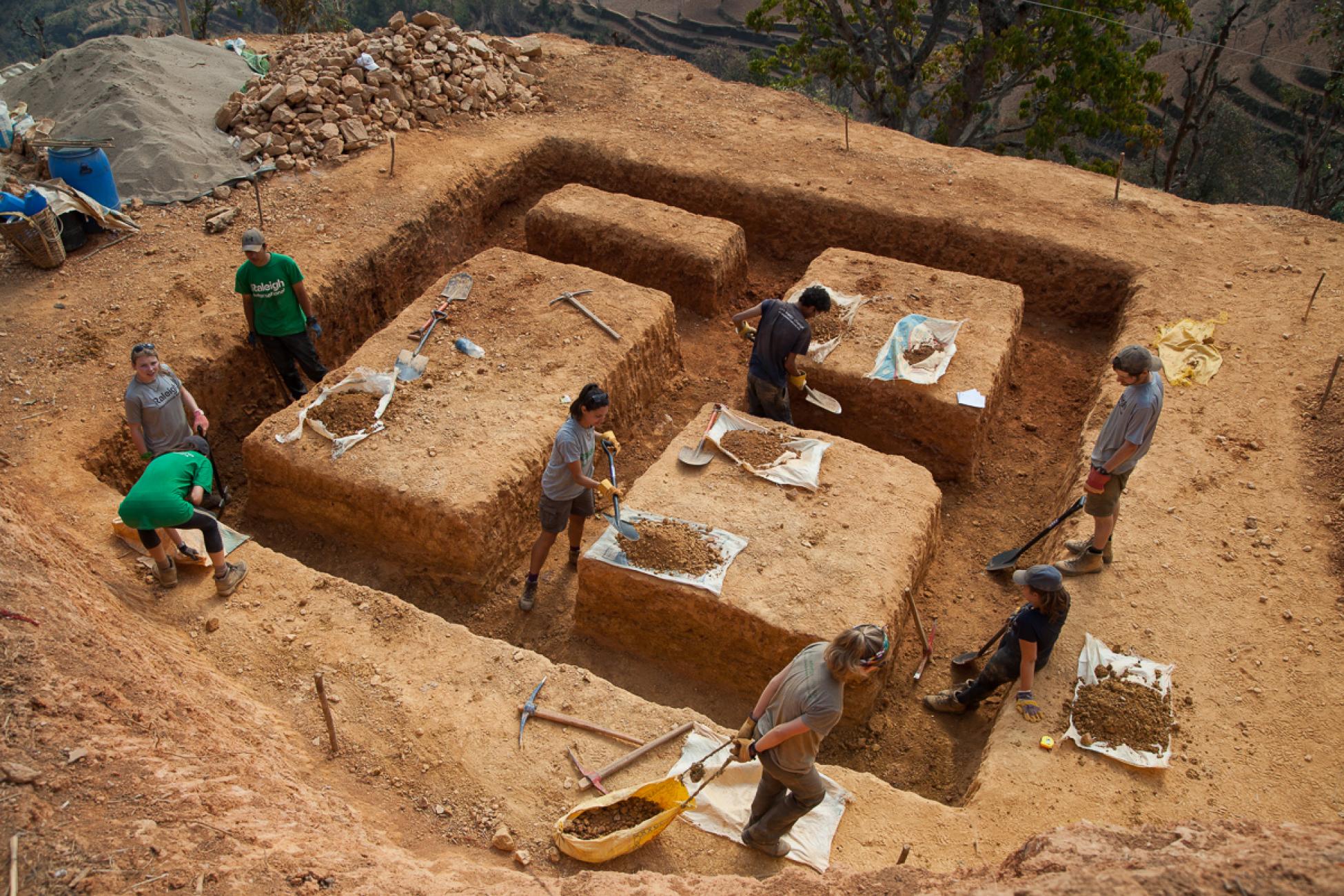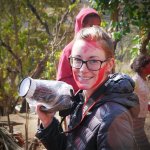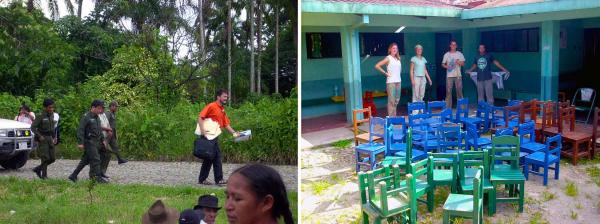When I was fundraising in England to volunteer abroad, I kept throwing around the term "sustainable development" when people asked what Raleigh International does. Except, I didn't actually fully understand what that meant and I felt like most of the people I told were in the same boat. We're just too British to ask, "Okay, but what exactly does 'sustainable development' mean?"
Not that I didn't know what I was going to do in Nepal; I was going to document and help with the construction of earthquake resilient housing. The houses are obviously meant to last a while—so that's surely what the term "sustainable" meant, right? But it wasn't until I was there, my t-shirt soaked with a day's worth of sweat and my work gloves solid from yesterday's dried cement, that I fully understood what "sustainable development" means and why it is so important.
It wasn't until I was in Nepal, soaked with sweat and covered with cement, that I fully understood what "sustainable development" means.
Building a lasting structure out of bricks and cement is all well and good, but what if you live a hundred miles from the nearest manufacturer of these materials and the road to you is so bad that half the bricks arrive broken? If you could make these bricks yourself from material in your own backyard, imagine the amount of money you'd save. And that's exactly what we were helping with, alongside a local NGO called Build Up Nepal, who support local entrepreneurs and builders living in rural areas. Earth bricks are part cement, part sand and part soil and, combined with the method of construction, are earthquake resilient. Vital if, like in the Ghorka region of Nepal, you live above the meeting of two massive tectonic plates.
It means foundations have to be deeper, over a metre in some places. But the most important part is the placing of the bricks. In every corner of every room, they go through a metal bar. This insures that, should the worst happen in the form of a powerful earthquake, the house would shake as one unit.
The sad fact of the matter is that in 2015, the majority of deaths were due to unreliable buildings—the result of building fast and cheap to accommodate a booming tourist industry, and, in many cases, stones and mud being the only affordable materials. We listened to many people that we lived with in these rural villages and not one didn't have a sad story to tell. I found it incredibly humbling to live in these villages. We worked six days a week and most days were eight hours long, interspersed with cups of ciyah (tea) from the family who's house we were working on. Every lunch and evening we ate with the locals, sharing photos of our lives back home and laughing at our mutual attempts to overcome the language barrier.
Charities such as Raleigh International and Build Up Nepal are focusing on introducing these new but simple technologies to developing communities worldwide. It felt good to not only be a part of that, but finally understand why 'sustainability' was the key word. It's made me wonder what parts of my life I can make more sustainable, not just in terms of being an individual, but as part of a global community.
Add this article to your reading list




